The Jean Golding Institute’s Seed Corn Scheme
The Jean Golding Institute Seed Corn Funding is a fantastic opportunity to develop multi and interdisciplinary ideas and promote collaboration in data science and AI. We are delighted that a new cohort of interdisciplinary research has been supported through this funding.
The Winners
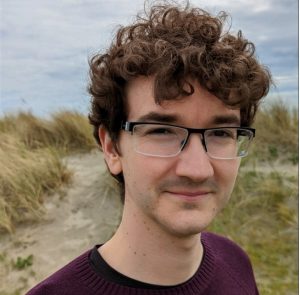
Tom Williams is an Associate Professor in Molecular Evolution at the University of Bristol, UK. He obtained an undergraduate degree in Genetics and a PhD in bioinformatics from Trinity College Dublin, Ireland, the latter under the supervision of Mario Fares. From 2010-2015, he worked as a postdoc with Martin Embley at Newcastle University, UK, on phylogenetic methods and the origin of eukaryotic cells. He started a research group at the University of Bristol in 2015.
Tom’s work in the lab focuses on studying the early evolution of life, and the genomes of microbes, using phylogenetic and comparative genomic methods (that is, with bioinformatics, on a computer). The key questions relate to the nature of early life, the phylogeny of prokaryotes, the processes of microbial/genome evolution, and the origin of eukaryotic cells.

Neo Poon is a behavioural data scientist and is currently a Senior Research Associate in the Medical School at the University of Bristol. Neo’s research focuses on the socioeconomic factors behind self-medication behaviours, with his doctoral research (PhD Behavioural Science at Warwick Business School) covering a range of topics related to human decision making, including consumer choices and public opinions. He also has research experience in healthcare and well-being, as well as teaching experience in statistics and behaviour change which has led to two awards.
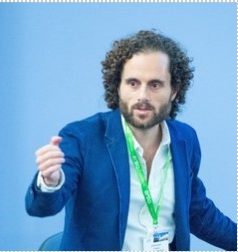
Emmanouil Tranos is a Professor of Quantitative Human Geography at the University of Bristol, and a Fellow at the Alan Turing Institute. Emmanouil has published extensively on the geographies of various digital technologies: from the internet’s backbone networks and the internet’s uptake at a global scale, to the usage of mobile phone and internet speeds at a very granular level of spatial and temporal resolution.
In their research they have been developing research frameworks and computational workflows to use the digital traces human and, more specifically, the economic activities left behind, to better understand cities, their structure, and economies. This is important, as such digital traces allow us to observe behaviours and phenomena and, consequently, answer research questions that traditional data sources have not allowed us to do. To effectively handle the complexities of such unconventional data – from mobile phone records to very large archives of websites – Emmanouil’s research employs diverse methodological tools, from data science, computational linguistics, as well as network science alongside more traditional geographical methods.
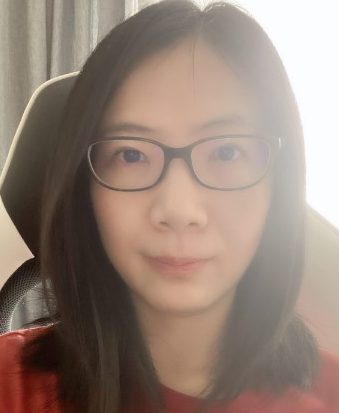
Jin Zheng is a Lecturer in Data Science in Engineering Mathematics Department at the University of Bristol. Her research focuses on machine learning, big data engineering, cloud computing, natural language process, with particular attention to financial market. In their project, her team will develop the first open-sourced and intelligent algo-trading platform, which could be used not only by researchers and individual users, but also be used as an education tool for students in Finance, Data Science, Computer Science, and Financial Technology majors. With this platform, the users could create their own trading robots, develop their trading strategies, and design and construct their own trading algorithm.
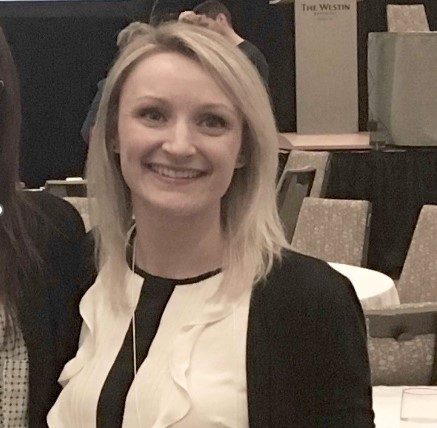
Cheryl McQuire is a public health researcher with a particular interest in maternal and child health, specialising in foetal alcohol spectrum disorders (FASDs). Cheryl is a NIHR SPHR Postdoctoral Launching Fellow and Programme Manager for the SPHR Healthy Places, Healthy Planet Programme and is based in the Centre for Public Health, within the Population Health Sciences Institute at the University of Bristol. She has expertise in both quantitative and qualitative analyses, natural experimental approaches, causal inference methods and systematic reviews.
During her career Cheryl has led discussions at parliamentary roundtables, convened by the Department of Health, All-Party Parliamentary Group (APPG) for FASD and Welsh Government and has used this to advance policy recommendations for FASD (Policy Bristol Briefing 65). Her work on the screening prevalence of FASD, using ALSPAC data, was featured in over 400 media outlets worldwide, including appearances on Radio 4’s Women’s Hour, Sky News and Talk Radio.

Wenzhi Zhou is a Research Associate with the Electrical Energy Management Group (EEMG) within the Department of Electrical and Electronic Engineering at the University of Bristol. His background stretches from power electronics to electrical machine. His research interests are mainly oriented towards future applications in the fields of electromechanical propulsion, power conversion and renewable energy. Until now, he has been working on the development of high power density, high efficiency and high reliability drive systems for sustainable mobility and advanced industry automation/robotics, aiming at disruptive performance improvements.
Jasmina Stevanov & Laszlo Talas
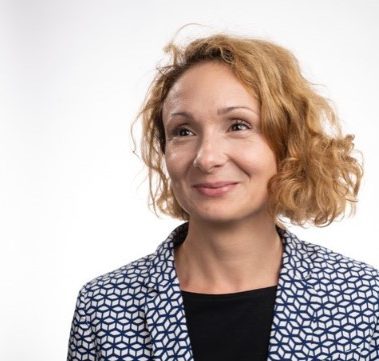
Jasmina Stevanov is a Research Fellow at the Bristol Veterinary School. Trained as an experimental psychologist and artist, she incorporates these disciplines through her research in the neuroscience of aesthetics, vision, and art perception. In her research she is using machine learning and eye-tracking techniques to explore individual preferences for visual art, with the goal to offer automatic feedback about observers’ aesthetic preferences and predict their future choices.
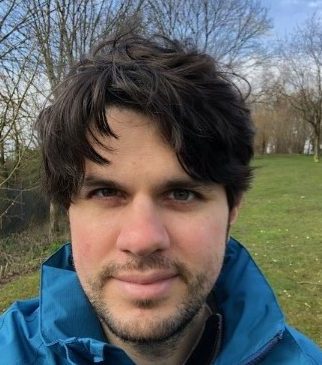
Laszlo Talas is a Lecturer in Animal Sensing & Biometrics at the Bristol Veterinary School. His research interests primarily focus on computational approaches to visual perception, including animal, human, and machine vision. With a background in zoology and experimental psychology, he is particularly passionate about how visual scenes can be “understood” using computers and what comparisons can be drawn with biological visual systems.
Sion Bayliss and Daniel Lawson
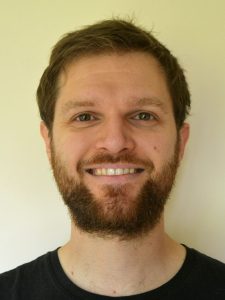
In a collaboration between Bristol University Veterinary School and Bristol University School of Mathematics, Sion Bayliss and Daniel Lawson will be conducting a research project titled; ‘Assessing the recombinogenic potential of novel bacterial lineages: Towards an early warning system for problem pathogens.’

In this collaborative research project they will apply innovating methodologies to assess the potential for newly identified bacterial lineages to uptake foreign DNA, and increase their potential to become the problem pathogens of the future.
More information
For more information about other funding we have provided and schemes we offer, find out more on our Funding page, and take a look at previous projects we have supported, on our Projects page.



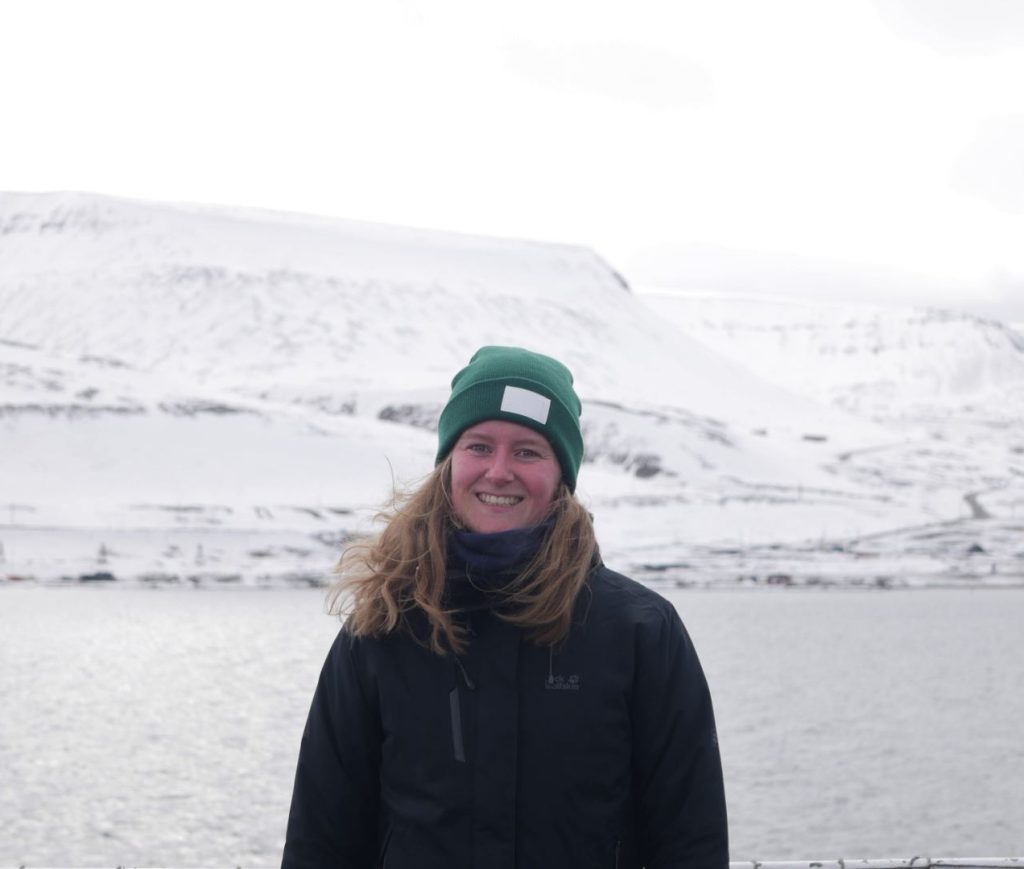
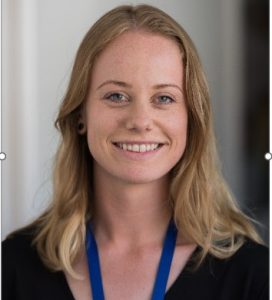
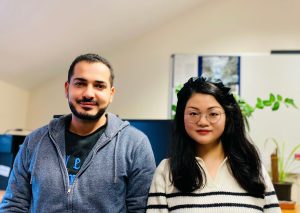
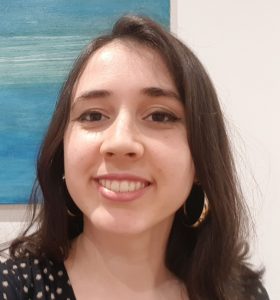
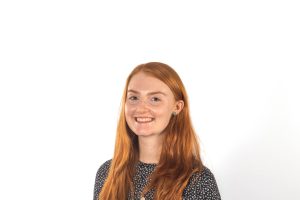
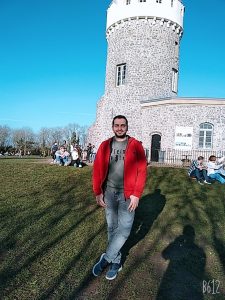 Ahmed Mohammed is a postdoctoral researcher in the field of water engineering. His PhD research investigates precipitation forecasting at high spatial and temporal scales using various methods such as numerical weather prediction, optical flow-based models, and deep learning techniques.
Ahmed Mohammed is a postdoctoral researcher in the field of water engineering. His PhD research investigates precipitation forecasting at high spatial and temporal scales using various methods such as numerical weather prediction, optical flow-based models, and deep learning techniques.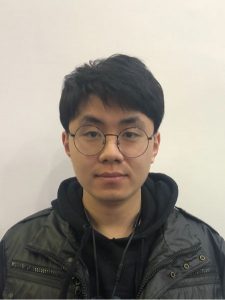 Hongbo Bo is a Ph.D. student in computer science. His research focuses on social network analysis by using graph data mining techniques like graph neural networks, continual learning, and contrastive learning methods.
Hongbo Bo is a Ph.D. student in computer science. His research focuses on social network analysis by using graph data mining techniques like graph neural networks, continual learning, and contrastive learning methods.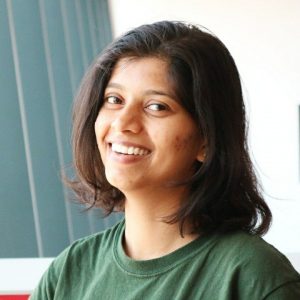 Anuradha Kamble is a Postgraduate Research student at Bristol Composite Institute in the Department of Aerospace Engineering. Prior to this, she had three years of industrial experience in the commercial HVAC (Heating Ventilation and Air Conditioning) and EV (Electric Vehicle) industries. Recent discoveries in materials science have seen growing applications of machine learning for materials discovery by leveraging the experimental data generated over many years in different studies. Her research project is titled “Exploiting the deep learning technique to study a novel nano-modified polymer composite.” The goal of this study is to implement deep learning techniques to investigate the most suitable parameters e.g., material composition, processing temperature, and time, to study a nano-modified polymer composite. The objective of this project is to improve the generalizability of deep learning model so that it can be widely applicable to any novel materials developed in the University of Bristol. Similar applications in the field of bio sciences will be explored by collaborations with other universities across the UK.
Anuradha Kamble is a Postgraduate Research student at Bristol Composite Institute in the Department of Aerospace Engineering. Prior to this, she had three years of industrial experience in the commercial HVAC (Heating Ventilation and Air Conditioning) and EV (Electric Vehicle) industries. Recent discoveries in materials science have seen growing applications of machine learning for materials discovery by leveraging the experimental data generated over many years in different studies. Her research project is titled “Exploiting the deep learning technique to study a novel nano-modified polymer composite.” The goal of this study is to implement deep learning techniques to investigate the most suitable parameters e.g., material composition, processing temperature, and time, to study a nano-modified polymer composite. The objective of this project is to improve the generalizability of deep learning model so that it can be widely applicable to any novel materials developed in the University of Bristol. Similar applications in the field of bio sciences will be explored by collaborations with other universities across the UK.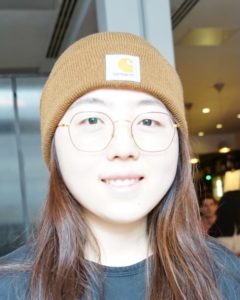
 Levke Ortlieb is a final year PhD student in Physics. She works on supercooled liquids and glasses. Levke uses 200nm colloids as a model system in 3D using super-resolution confocal microscopy. Detecting the particle positions is very challenging so she and Abdelwahab Kawafi are using convolutional neural networks for particle tracking.
Levke Ortlieb is a final year PhD student in Physics. She works on supercooled liquids and glasses. Levke uses 200nm colloids as a model system in 3D using super-resolution confocal microscopy. Detecting the particle positions is very challenging so she and Abdelwahab Kawafi are using convolutional neural networks for particle tracking.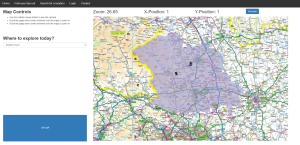
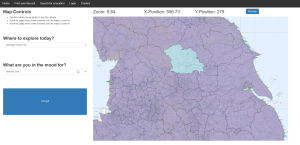
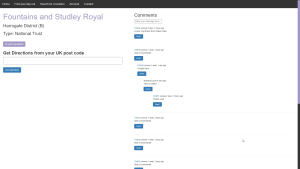 The result is a functional, although not particularly optimised solution, for exploring the 100,000’s of data points within OS Open Greenspace [4]. As an extension, I also generalised the database loader to allow for external open-source locations, such as from the National Trust [5] of English Heritage [6], to also be explored. Users can search for locations by name or narrow down what type of location and where it is, by using place location filters and the OS Boundary data [7]. Once they find a location, they can also get directions from their own address via linking to google maps. The final addition was adding some basic social media type functions, such comments and favourites, to make having a user account mean something, rather than just an authentication system for the sake of having one.
The result is a functional, although not particularly optimised solution, for exploring the 100,000’s of data points within OS Open Greenspace [4]. As an extension, I also generalised the database loader to allow for external open-source locations, such as from the National Trust [5] of English Heritage [6], to also be explored. Users can search for locations by name or narrow down what type of location and where it is, by using place location filters and the OS Boundary data [7]. Once they find a location, they can also get directions from their own address via linking to google maps. The final addition was adding some basic social media type functions, such comments and favourites, to make having a user account mean something, rather than just an authentication system for the sake of having one.  What did you enjoy about the internship?
What did you enjoy about the internship?